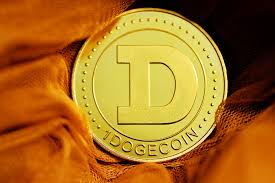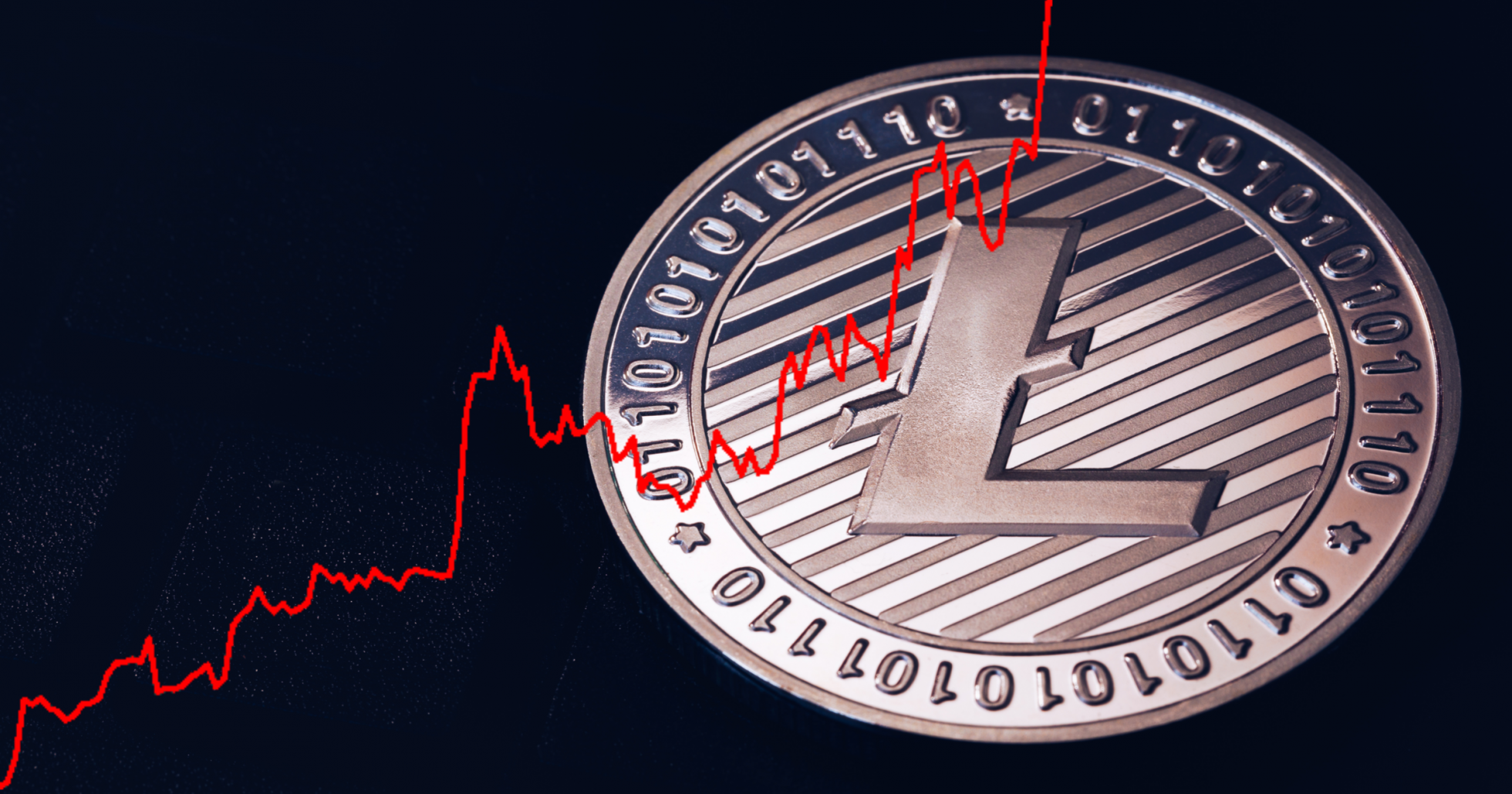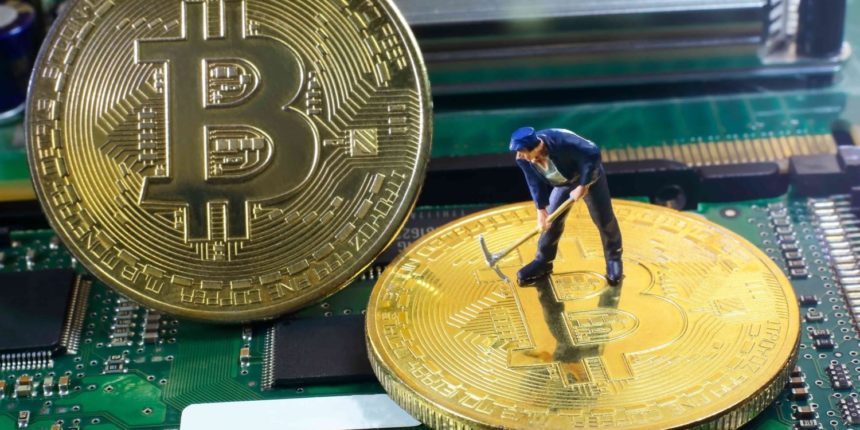
Since 2009, estimates indicate that the hyper-connected cryptocurrency ecosystem has been used by criminals to launder dirty Bitcoin well over $2.5 billion.
Contrary to the common view, linking Bitcoin transactions together to recognize you is actually quite simple. This should be evident, given that anybody is completely transparent and browsable by government blockchains.
Nevertheless, stupid criminals are constantly caught in illicit activities when using Bitcoin.
This is because it’s not anonymous with Bitcoin. In reality, there are hardly any cryptocurrencies on the market today that can mask identities when cryptocurrency is sent, received, and spent.
So, ever questioned how these cyber baddies turn unfairly earned cash into tidy cryptocurrency, for use in the real world?
Mixing facilities divided up Bitcoin, only to reassemble it Bitcoin mixers (also called “tumblers”) allegedly clean up dirty cryptocurrency by bouncing it between different addresses, before recombining the complete quantity through a Bitcoin wallet supported on the dark web.
They are a little painful to use and definitely not free (standard fees range from 1-3% of the cryptocurrency to be mixed).
You’ll need a Bitcoin wallet hosted on the’ Clearnet,’ (a normal web fancy word). You should also open two or more Bitcoin wallets exclusively running on the dark web (some of these wallets are available, but be careful!).
And some Bitcoin to blend, of course.
To begin with, Bitcoin is sent to one of the hidden Tor wallets from a Clearnet wallet. These types of transactions are called’ hops,’ and can be performed numerous times across dark web Bitcoin addresses, adding with every’ hop’ a layer of obfuscation.
It is time to run it through a tumbler with it stored on a dark web wallet. There are many mixing services claiming to be reputable and charging different charges based on the level of anonymity the customer requests, but it is not up to me to demonstrate to you where they are.
The tumbler will automatically divide the Bitcoin over various transactions, sending it to enough Tor-hosted Bitcoin addresses at randomized times to remove the opportunity to connect transactions in a significant manner.
Once the tumbling is complete, the Bitcoin allegedly’ clean’ enough to deposit for other cryptocurrencies, or even fiat, is deposited on a cryptocurrency exchange to be traded.
It should be observed that these mixing services have been studied by scientists to determine how efficient they are. Unfortunately, they discovered that even the most well-known and well-established have severe constraints on safety and privacy, highlighting the hazards of using such facilities for criminal operations.
Bitcoin is effectively laundered through unregulated exchanges Unregulated cryptocurrency exchanges (those without Know-Your-Customer and Anti-Money Laundering (KYC / AML) processes, such as identity checks) can also be used to’ clean’ Bitcoin, even without using a cryptocurrency mixing service in advance.
This is done easily by trading the Bitcoin multiple times across various markets. For example, a user can deposit onto an unregulated exchange, swapping it for various altcoins.
Each time a trader exchanges cryptocurrency between wallet addresses, they add degrees of privacy comparable to’ hopping.’ While the effectiveness of this depends strongly on the surveillance technology of the exchange, this may not be a completely airtight solution.
The customer can then return their cryptocurrency through other anonymous swap accounts they own to an external cryptocurrency wallet. They could turn it into an alleged’ clean’ fiat, depending on the exchange, but fiat markets on unregulated exchanges are difficult to get through, and often short-lived.
Inevitably, money launderers transform their Bitcoin into cash into shady peer-to-peer markets and other nefarious actions. In 2016, Dutch police seized bank accounts, bitcoin, luxury vehicles, and ecstasy ingredients from a global money-laundering ring.
Nevertheless, a few months ago, scientists discovered unregulated cryptocurrency exchanges receiving an overwhelming majority of the filthy Bitcoin internet. Even worse, exchanges are genuinely receiving in nations where there is little to no AML legislation
Thirty-six times more money launderers Bitcoin than those with suitable regulations in place.
Researchers estimated that 97% of it ends up in nations with highly lax KYC / AML legislation after Bitcoin has been cleaned up on exchanges.
It is also worth noting that these mixing facilities are used slightly less illegally (but still dubious). Regulated exchanges such as Coinbase track their networks in specific for possible interactions with banned cryptocurrency gambling locations.
As such, cleaning digital funds that are subjected to blockchain casinos before depositing with Coinbase and the like is a frequently cited use case that goes beyond ultra-illegal money laundering.











